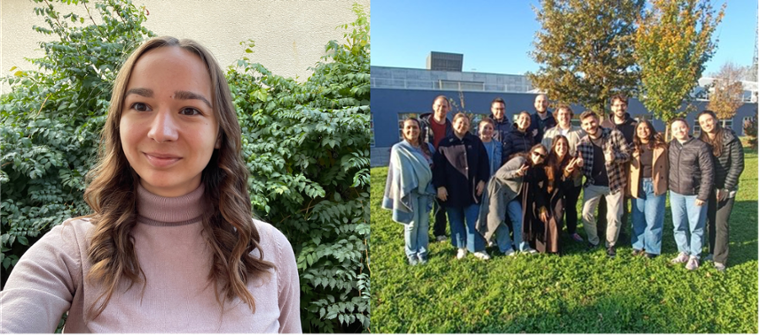The Diplomats of Science
The third issue of EUTOPIA Review arrives at a pivotal moment when science diplomacy—this intriguing confluence of research and international relations—has gained significant importance and visibility. In this issue, six scholars delve into the complexities of a field that has recently begun to solidify its place as a recognised discipline. Their contributions seek to explore the aspirations underpinning science diplomacy but also its potential to foster collaboration and innovation across borders. This collection of perspectives intend to enhance our understanding of how scientific engagement can bridge divides and address global challenges, reflecting a growing recognition of the value of interdisciplinary dialogue in today’s interconnected world.
Luciana Radut-Gaghi opens with an audacious claim: that science diplomacy practitioners now constitute an epistemic community in their own right. Drawing on Robert King Merton’s sociology of knowledge, she traces a lineage from post-war anxieties about “incompatible differences” to today’s mounting distrust of established science.
Jean-François Doulet, a Science Attaché at the French Embassy in Canada, dismantles the field’s received wisdom with practitioner’s scepticism. The canonical categories—“science for diplomacy,” “diplomacy for science”—are, he argues, less analytical tools than legitimation instruments. His proposed alternative, “regimes of action,” has the virtue of acknowledging that science diplomacy involves power rather than merely noble collaboration.
Luca Polizzi constructs an elaborate theoretical apparatus for EU science diplomacy, particularly in the Middle East, where he once served as an EU diplomat. His framework layers constructivism, practice theory, and positioning theory with the methodical care of someone who has navigated genuinely volatile environments. Applied to some 300 projects, his process-tracing methodology reveals science diplomacy as both instrument and outcome.
The focus shifts to universities with Adina Fodor’s examination of Babeș-Bolyai University, where multilingualism isn’t pedagogy but existential necessity in Transylvania’s ethnic patchwork. With instruction in four languages and 24 cultural centres, UBB practices diplomacy simply by existing. Fodor’s comparison with Warsaw and Charles universities reveals different institutional pathways to similar ends.
Eric Piaget offers a synthesis of EUTOPIA’s recent report, identifying eight domains of university science diplomacy and providing recommendations organised into strategic, operational, and enabling instruments. It is thorough, systematic work—the sort that transforms scattered practice into a replicable framework.
The issue concludes with Luk Van Langenhove’s call for scientists to become “diplomats of science”—ambassadors for inquiry itself. Drawing on Roosevelt’s Four Freedoms and invoking Commissioner Zaharieva’s forthcoming ERA Act, Van Langenhove articulates a vision of Europe as a sanctuary for researchers. His diagnosis is accurate: science faces intensifying attacks precisely when it’s most needed.
After the Excitement
What these contributions demonstrate, if nothing else, is that science diplomacy has reached the stage where it requires its own conferences, journals, and theoretical frameworks—the usual trappings of academic legitimacy. Whether this represents maturation or professionalisation is difficult to say. The field is transitioning from practice to scholarship, from scattered initiatives to systematic analysis. This may be progress, though one recalls that diplomacy functioned for centuries before anyone thought to theorise it.
The contributors share a conviction that universities matter in international relations, that scientific collaboration carries diplomatic weight, and that this work deserves serious attention. They may well be right. They are, after all, describing the importance of precisely the work they do.
Contributors to the Issue n. 3 (2025)
- Luciana Radut-Ghagi
- Towards a Theory of Science Diplomacy. From Robert Merton to the epistemic communities
- Jean-Francois Doulet
- The Regimes of Action in Science Diplomacy: New Analytical Categories
- Luca Polizzi
- Towards a New Theoretical Framework for EL Science Diplomacy in the Vicinity of Europe
- Adina Fodor
- Babes-Bolyai University's Identity-Driven Diplomacy and its Societal Impact
- Eric Piaget
- University Science Diplomacy: Lessons from the EUTOPIA-AUF Report
- Luk Van Lagenhove
- Why Should Scientists Become Diplomats of Science

